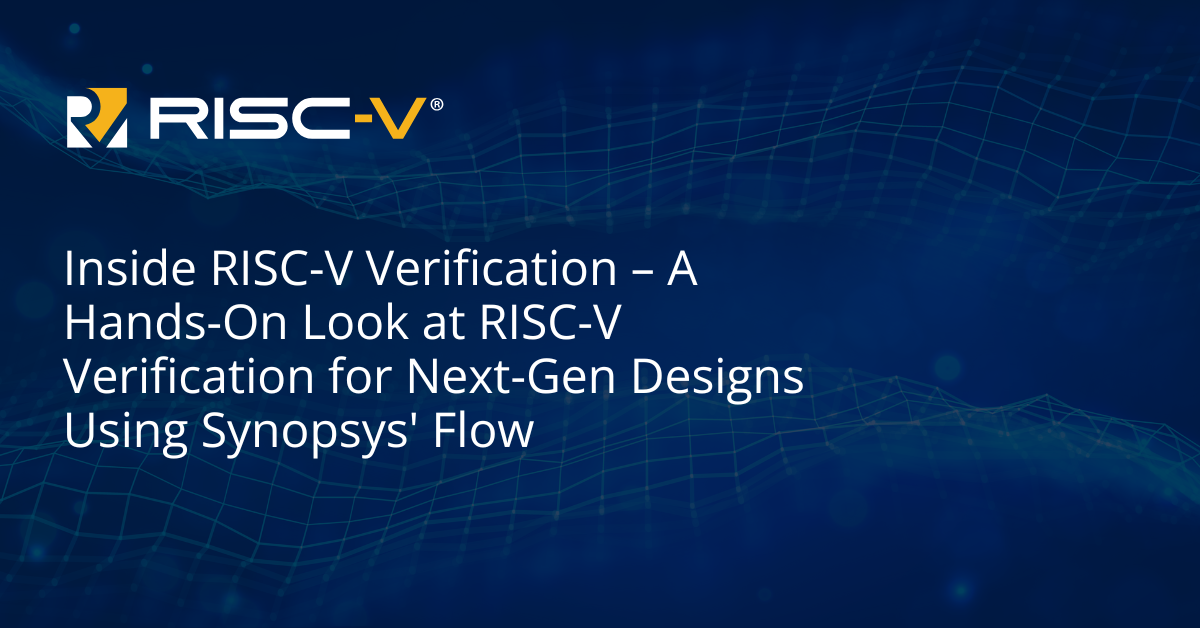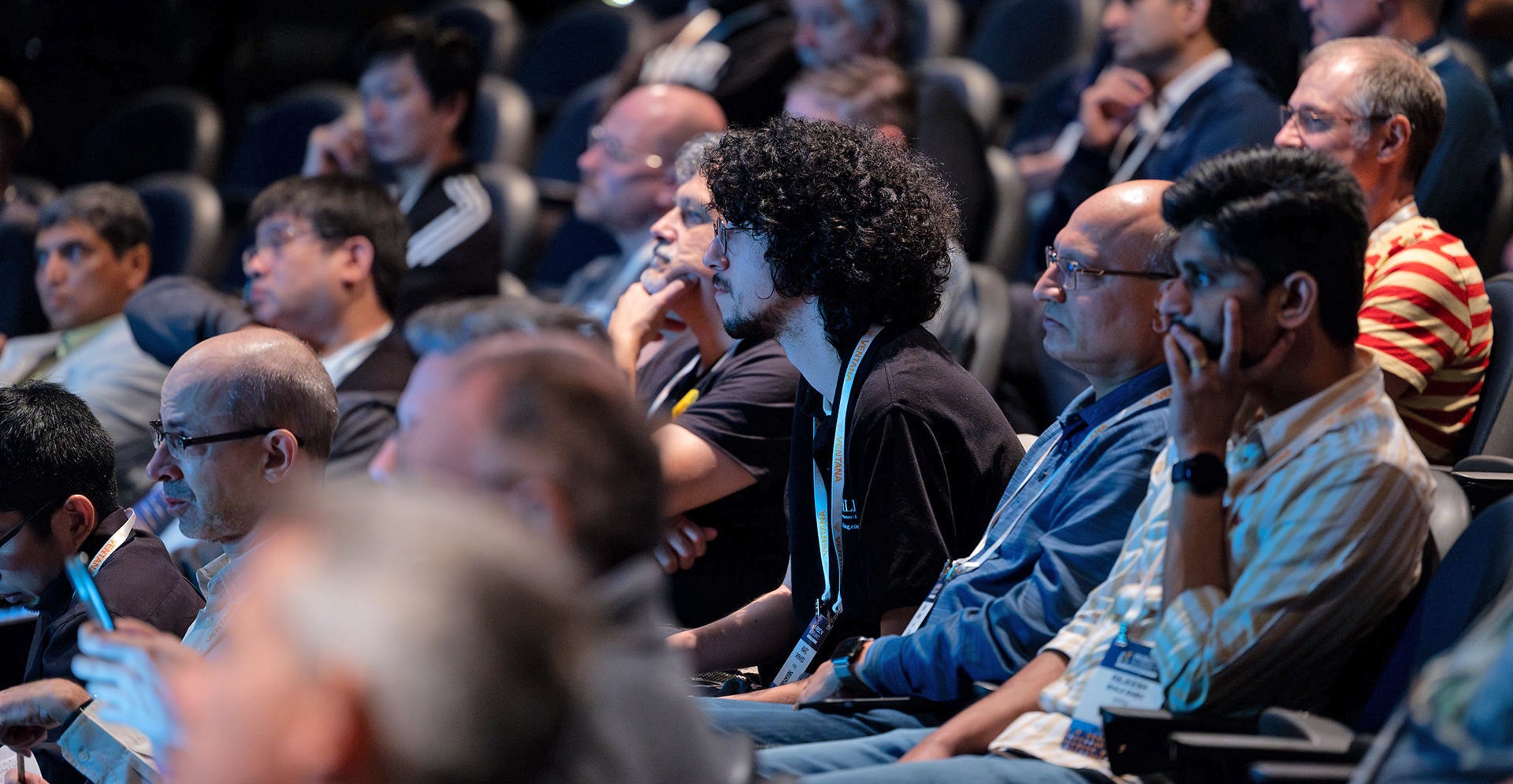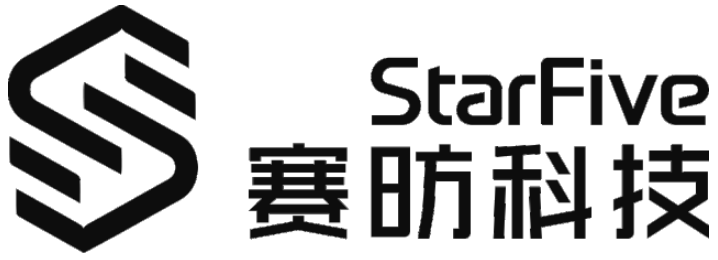
Late last year, StarFive Technology released “StarFive Dubhe Linux Software Development Kit (SDK)”, which is based on the Yocto Project. It provides a flexible toolset and development environment that supports global collaborations among embedded device developers, allowing them to share technologies, software stacks, configurations, and best practices used to create tailored Linux images. To ensure the best out-of-box customer experience, a Yocto-extensible SDK (eSDK) is also included. The eSDK eliminates the need to download large packages of Yocto. As such, customers will be able to recompile the entire system in a much shorter timeframe with just a few simple steps.
To further improve the development experience, StarFive is proudly releasing StarFive StarStudio. It’s an Integrated Development Environment (IDE) that supports both Linux and baremetal development. This GUI-based tool provides a familiar environment that encompasses code development, compilation, deployment and also debugging. StarFive Studio provides an intuitive user interface where users just need to select from the menu instead of remembering or referencing the Command Line Interface (CLI) steps from the documentation. This greatly reduces the ramp-up time especially for developers using IDE for other architecture previously. StarFive StarStudio only supports Linux host today, due to Linux SDK requirements.
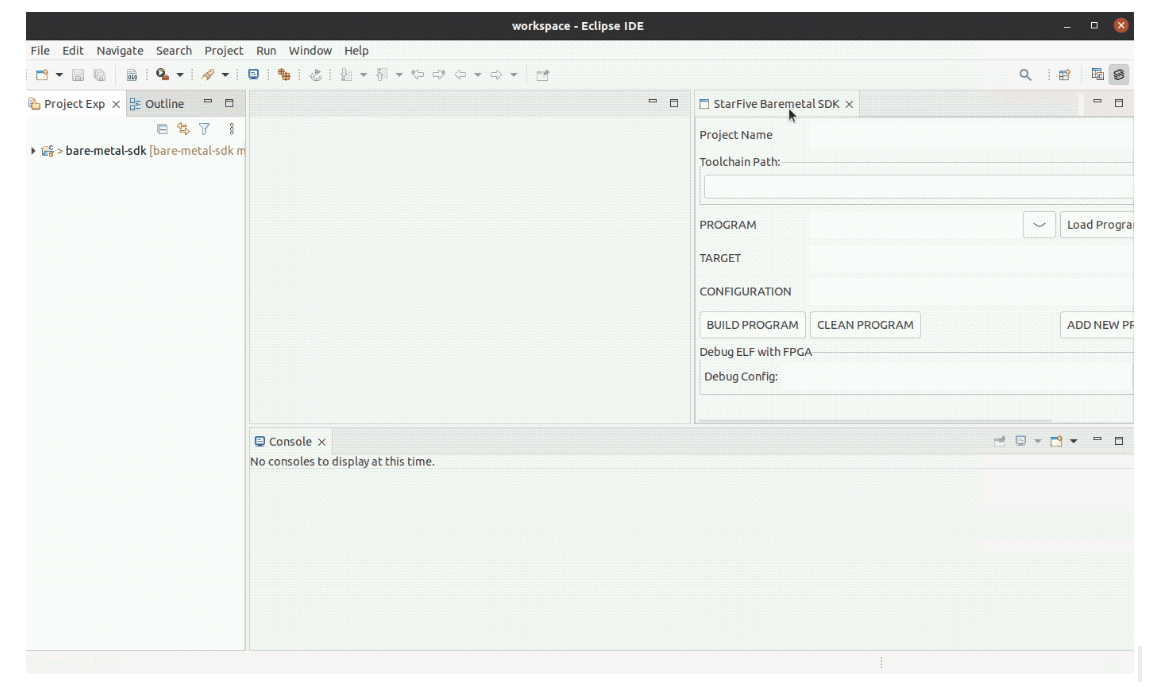
For Linux development, StarFive StarStudio is built on top of Yocto eSDK fundamental. It provided a much shorter setup time which allow users to modify Linux code or OpenSBI code directly from GUI. Once code modification or addition is done, the user can just rebuild the full image or binaries using the drop-down menu. Since the StarFive Studio is already pre-setup to the right toolchain, you won’t be worrying about using the wrong variant such as using baremetal toolchain to build Linux code. StarFive StarStudio even integrated with QEMU which allows the user to test the binaries of the target while cutting the development cycle by ironing out any simple mistake made too. Once it’s good, the user can go ahead to build the bootable image such as the QSPI image that is ready to be booted at the final target. By default, the QSPI image is intended for FPGA run. But users can easily configure the OpenOCD config file for other targets too.
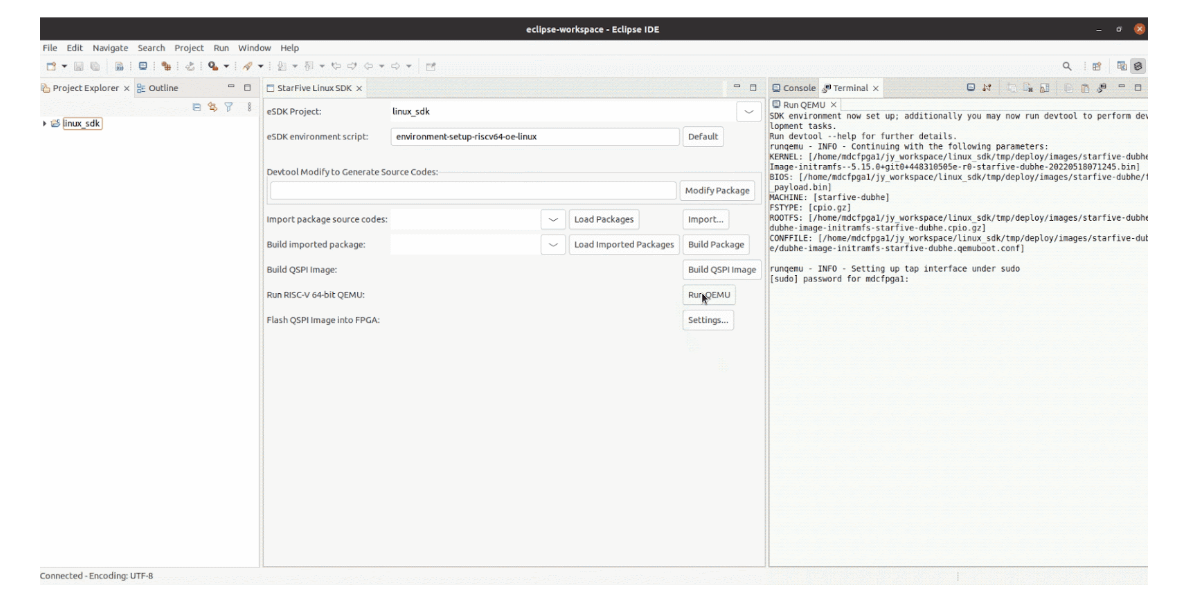
For baremetal, StarFive Studio upgraded the user experience from CLI based previously. Users can easily modify or create a new baremetal program through GUI. StarFive StarStudio created a template that consists of a C file and makefile, where customers can write the code directly without worrying the build setup. Besides that, users can easily browse various source codes of baremetal example programs that are shipped as part of baremetal SDK today. Once the build is completed, the user can leverage StarFive StarStudio debug interface to deploy the newly build ELF. It is also equipped with semihosting support which greatly reduces the complexity of the baremetal code too.
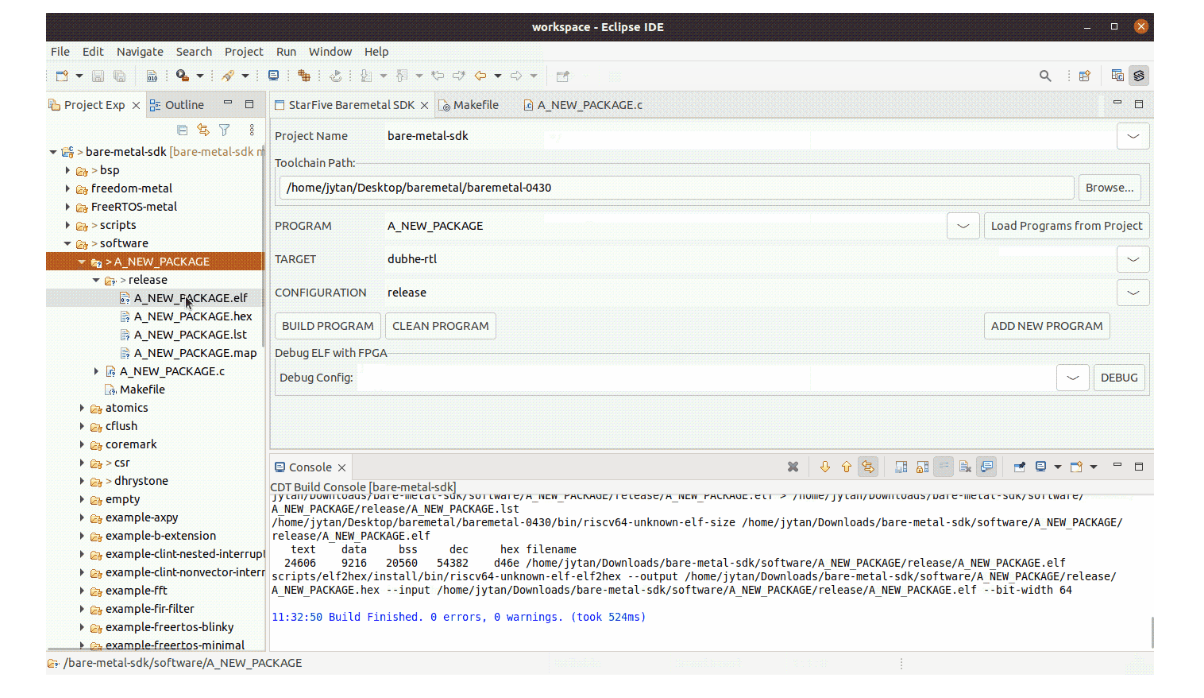
Last but not least, StarFive StarStudio also provided debug capability to deploy, debug and step through your code. User can find all the standard debug features such as memory view, register view and disassembly view that is common in the standard debugger. StarFive StarStudio also allows the user to debug code that runs under a single core CPU or even a complex multicore setup. All these features enable solution development much quicker and easier, which is critical for time to market. Please grab the StarFive StarStudio at https://github.com/starfive-tech/StarStudio. For more information about “StarFive StarStudio”, please visit https://rvspace.org/ or contact StarFive Technology via sales@starfivetech.com.

